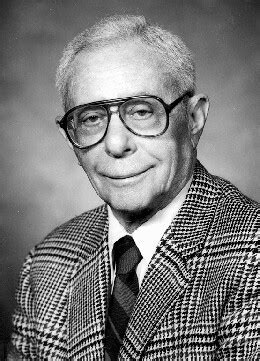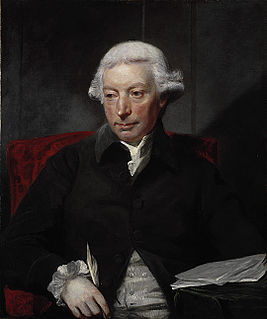A Quote by William Butler Yeats
It was my first meeting with a philosophy that confirmed my vague speculations and seemed at once logical and boundless.
Related Quotes
BERTRAND RUSSELL, The Philosophy of Logical Atomism We've associated that word philosophy with academic study that in its own way has gotten so far beyond the layman that if you read contemporary philosophy you've no clue, because it's almost become math. And it's odd that if you don't do that and you call yourself a philosopher that you always get 'homespun' attached to it.
Philosophy aims at the logical clarification of thoughts. Philosophy is not a body of doctrine but an activity. A philosophical work consists essentially of elucidations. Philosophy does not result in 'philosophical propositions', but rather in the clarification of propositions. Without philosophy thoughts are, as it were, cloudy and indistinct: its task is to make them clear and to give them sharp boundaries.
Experience has repeatedly confirmed that well-known maxim of Bacon's that 'a little philosophy inclineth a man's mind to atheism, but depth in philosophy bringeth men's minds about to religion.' At the same time, when Bacon penned that sage epigram... he forgot to add that the God to whom depth in philosophy brings back men's minds is far from being the same from whom a little philosophy estranges them.
Philosophy arises from an unusually obstinate attempt to arrive at real knowledge. What passes for knowledge in ordinary life suffers from three defects: it is cocksure, vague and self-contradictory. The first step towards philosophy consists in becoming aware of these defects, not in order to rest content with a lazy scepticism, but in order to substitute an amended kind of knowledge which shall be tentative, precise and self-consistent.
In Eden I "saw" that Adam or Eve probably spoke each word FOR THE FIRST TIME and that seemed wild and seemed to me that that might have brought them to some essence of language. Once I "saw" the city, I knew it was real. once I saw that a poem was a house, i knew it was real and could go back to it or else write a flurry of poems around it, both worked.
My mother thought my inclinations would do well in Law, but I was too shy and deliberative - slowfooted - for that, so I determined to be an English and German high school teacher. In my first year of university I had one subject to "fill in" and chose philosophy against the advice of my counselor. My university teachers in English and German were totally uninspiring; philosophy was wonderful and my results showed it. I chose it and basically backed into a situation in which only a philosophy career seemed a viable option. I've never regretted it, but there was a lot of serendipity.
Whereas Absurdism in Europe seemed a logical, almost inevitable response to the irrationality of war, the analogous elements that surfaced in American drama seemed more a response to a materialist society run amok. The American-style Absurdism seemed to spring full-blown out of television advertisements and situation comedies, which had become new myth-making machines.
I would say to anybody who thinks that all the problems in philosophy can be translated into empirically verifiable answers - whether it be a Lawrence Krauss thinking that physics is rendering philosophy obsolete or a Sam Harris thinking that neuroscience is rendering moral philosophy obsolete - that it takes an awful lot of philosophy - philosophy of science in the first case, moral philosophy in the second - even to demonstrate the relevance of these empirical sciences.
Have we not all, amid life's petty strife, Some pure ideal of a noble life That once seemed possible? Did we not hear The flutter of its wings, and feel it near, And just within our reach? It was. And yet We lost it in this daily jar and fret, And now live idle in a vague regret; But still our place is kept, and it will wait, Ready for us to fill it, soon or late. No star is ever lost we once have seen, We always may be what we might have been.




































